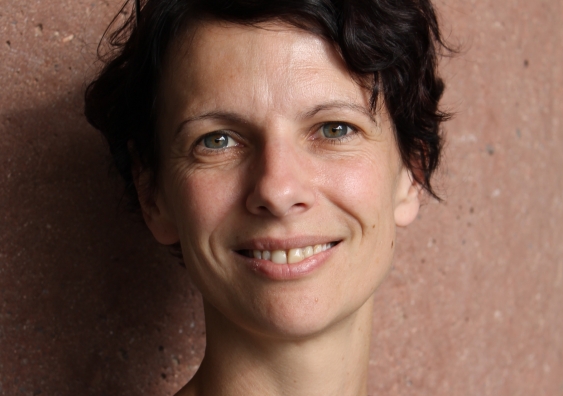Athletes who have been genetically modified to gain a competitive edge could be on the playing field as soon as 2036, Arizona State University (ASU) Associate Professor Diana Bowman will argue during a presentation at UNSW on Wednesday.
“Precision gene editing is bringing us closer to the reality of designing select genetic traits into human embryos,” Dr Bowman says.
“Given the high stakes involved in professional sport and the long history of state-sponsored doping programs, it’s likely some countries will soon begin experimenting with gene editing techniques like CRISPR to create super-athletes.
“These athletes could be stronger, more powerful and have better cognitive ability than their peers.”
The use and abuse of such technology raises complex social, ethical and legal questions which might affect the nature of sports and the meaning of ‘winning’ in a future dominated by gene-edited athletes, Dr Bowman says.
On Wednesday, Dr Bowman will share some of the insights of her research project, The potential impact of human embryonic gene editing on global sports: Preparing for 2036, with ASU Professor Andrew Maynard as part of UNSW’s Grand Challenges program in partnership with the university’s PLuS Alliance.
“We propose many governments will not only allow human germline editing for enhancement but will actively facilitate the use of the technology to gain an unprecedented advantage,” Dr Bowman says.
“The geo-political nature of sport, and the prestige associated with winning at the highest levels, makes it simply impossible for us to think otherwise.
“The questions is, is there an ethical and legally responsible path for gene editing in sport?
“Our analysis will map out the future landscape and develop recommendations on pathways forward to ensure the responsible and beneficial use of gene editing in global sports over the next 20 years.”
Professor Bowman is an Associate Professor in the Sandra Day O'Connor College of Law at Arizona State University, a PLuS Alliance Fellow and an Andrew Carnegie Fellow. Gene doping: the next target for tomorrow's athletes? is part of the Grand Challenge on Living with 21st Century Technology.
What: Gene doping: the next target for tomorrow’s athletes?
When: Wednesday 25 July, 4-5pm
Where: The Roundhouse, Function Room 5, Level 1, UNSW Sydney, Kensington, NSW
Bookings: Tickets are free. Register online.
Subscribe to the Grand Challenges mailing list to stay informed about future events.
About The PLuS Alliance: The PLuS Alliance is an international partnership that combines the strengths of three leading universities – Arizona State University, King’s College London, and UNSW – to deliver research-led solutions to global challenges and expand access to world-class learning in the key themes of sustainability, global health, social justice, and technology and innovation. https://www.plusalliance.org/


